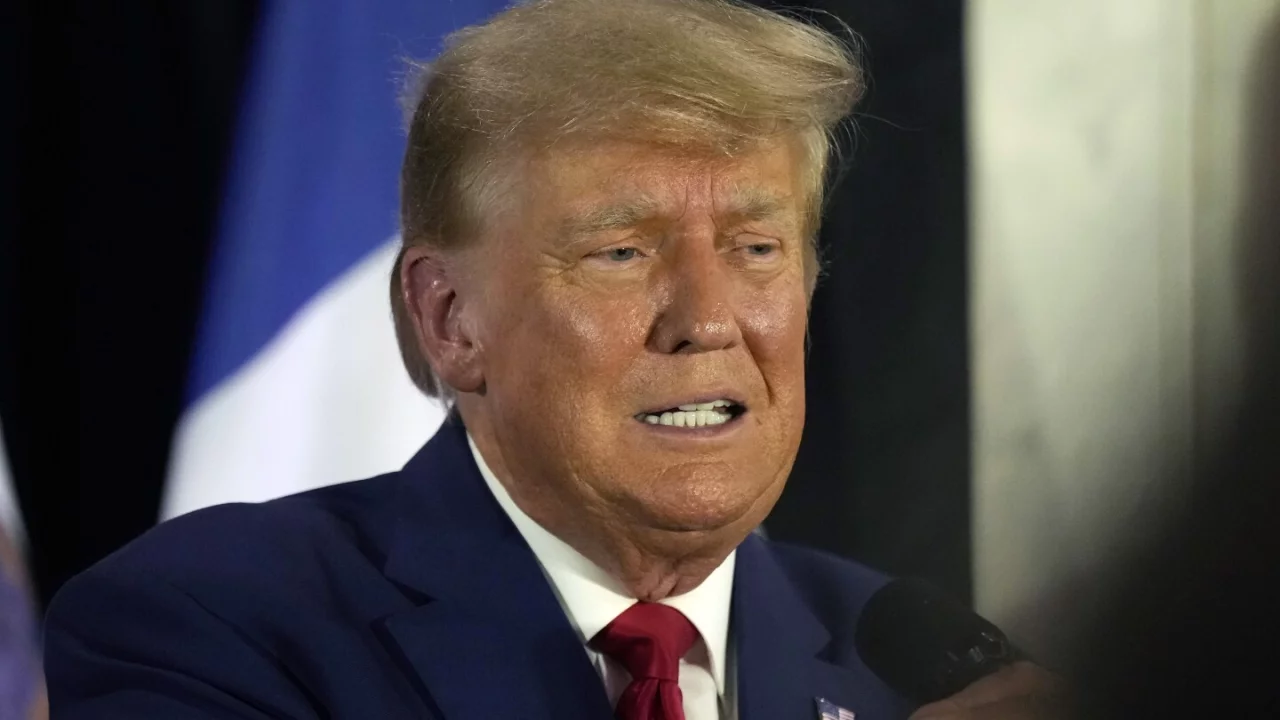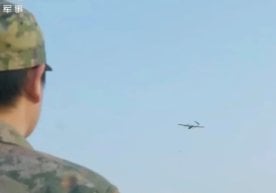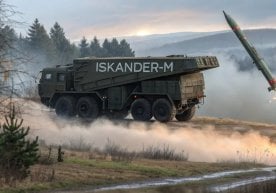On the verge of a nuclear crisis: complex negotiations and threats between Iran and the US

Tensions in the Middle East have once again reached a new level: Iran's religious and political elite has directly threatened US President Donald Trump, while at the same time declaring openness to negotiations. These events are causing concern and various opposing opinions not only in the region, but throughout the world.
Threats and diplomacy: two fronts at once
One of Iran's most influential ayatollahs, Nasir Makarem Shirazi, in an address to the public, stated that any person or regime threatening the Islamic Republic is considered a "mohareb"—that is, an enemy. Although the name of US President Donald Trump was not mentioned directly, this statement was perceived as a response to his recent remarks.
Trump had earlier called Iran’s Supreme Leader Ali Khamenei an "easy target," but also said: "We do not want to kill him, at least for now," thus taking an aggressive stance. At the same time, the strong statements of Iranian ayatollahs are creating a new environment not only in domestic, but also in foreign policy.
Negotiations and danger: two opposing directions
Iran's Deputy Foreign Minister Majid Takht-Ravanchi reported that Washington had indicated its readiness to refrain from attacks and resume negotiations on the nuclear program. According to him, one of the main demands of the United States is to restrict Iran's right to enrich uranium and to put its nuclear capabilities under control. However, Iran does not agree with this and continues to demand the right to enrich uranium for peaceful purposes.
Takht-Ravanchi also rejected accusations that Iran is secretly working on the creation of a nuclear bomb. He emphasized that the country "should not be deprived of the opportunity to use nuclear materials solely for research and energy." "To say you have no right to enrichment at all, and if you don’t agree—we will strike, this is the law of the jungle," he added.
Between strike and negotiations: from confrontation to the future
It is known that in June of this year, Donald Trump ordered a pinpoint strike on Iran’s nuclear facilities. Then, at the NATO summit, he spoke about the possibility of new negotiations, but did not disclose any specific plans.
Furthermore, Trump recently responded to a question about whether he would be ready to strike Iran’s nuclear facilities again if there were new concerns about uranium enrichment: "Of course, absolutely." The president also said that the recent attacks have pushed Iran's nuclear program significantly back.
Regional security and international attention
The complexity of the situation lies in the fact that, on one side, there are political and religious threats, and on the other—a striving for diplomatic negotiations. Iran’s leadership, proceeding from national interests and internal pressure, seeks to simultaneously strengthen security and gain more freedom in the international arena.
Currently, international experts and observers are closely watching what outcome this confrontation will lead to. On the one hand, the platform for negotiations is open; on the other, each new sharp statement can further complicate the situation.
Negotiations and new threats against the backdrop of the nuclear crisis
Such phases have occurred many times in the history of relations between Iran and the United States. But this time, as both sides simultaneously express readiness both for intimidation and for dialogue, it opens the door to new challenges and potential opportunities.
The decisions taken by the parties will be decisive not only for the two states, but also for the security of the entire region and the world. Political processes in the coming weeks may determine the fate of the nuclear deal and the further development of international relations. Read “Zamin” on Telegram!
Ctrl
Enter
Found a mistake?
Select the phrase and press Ctrl+Enter 




















